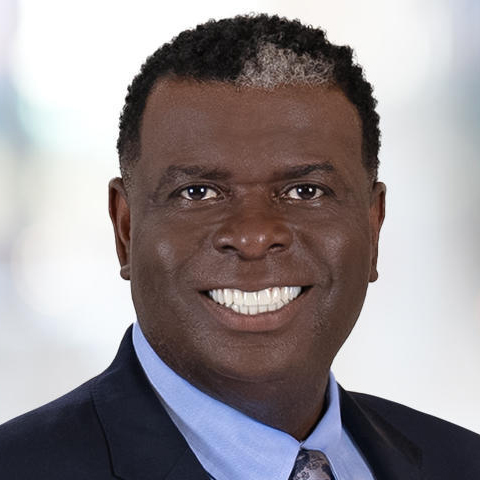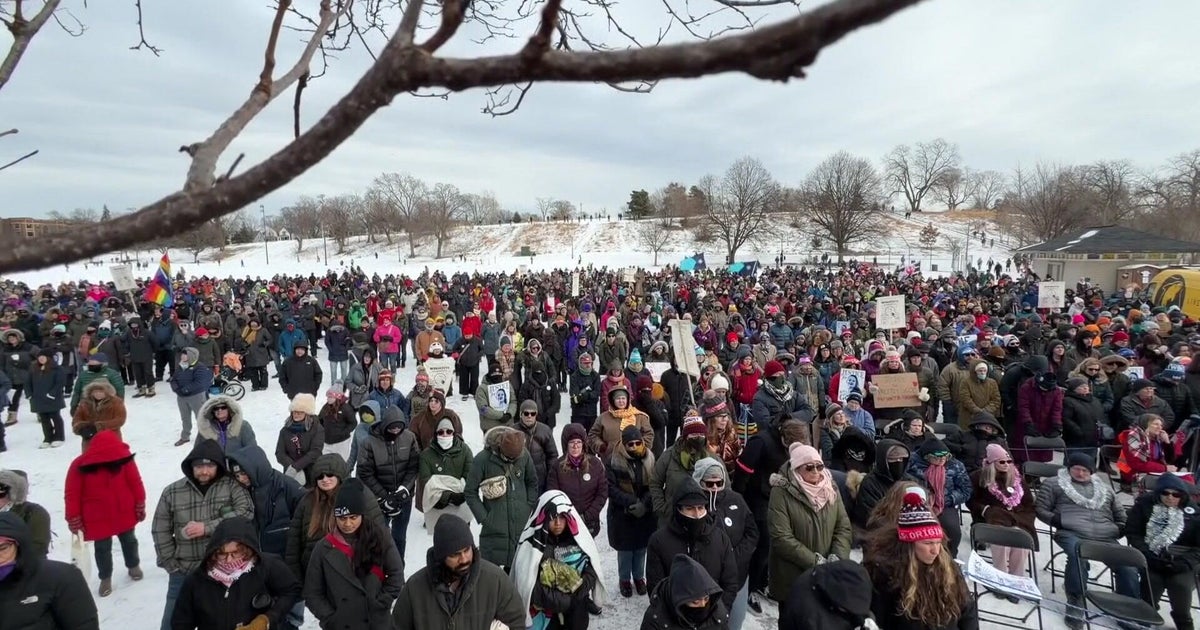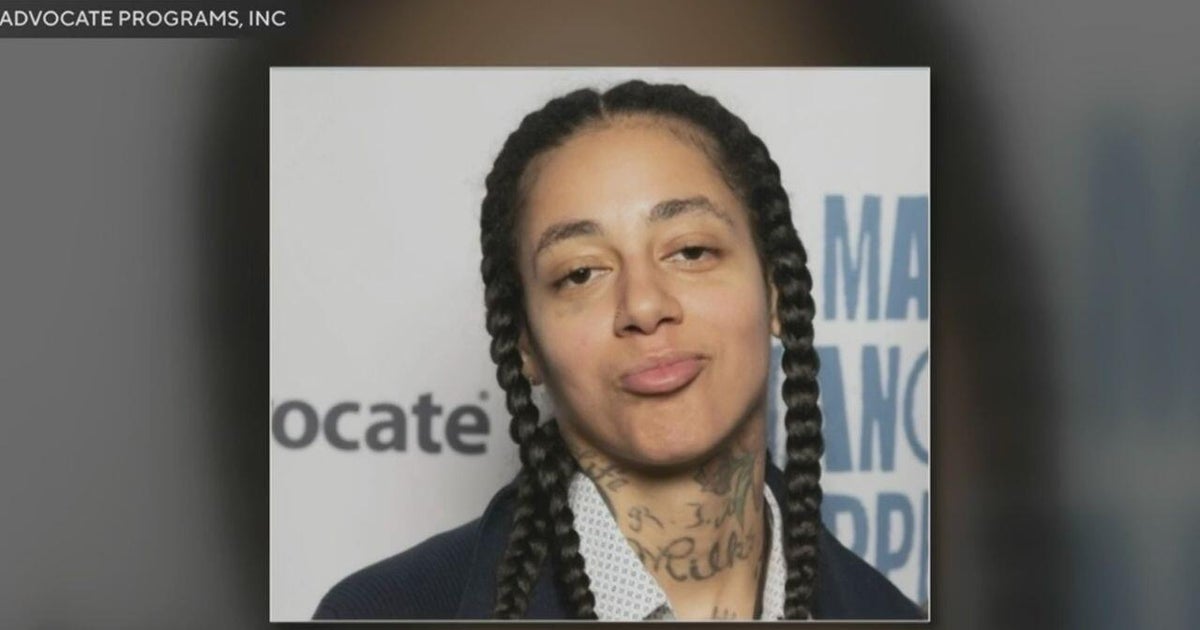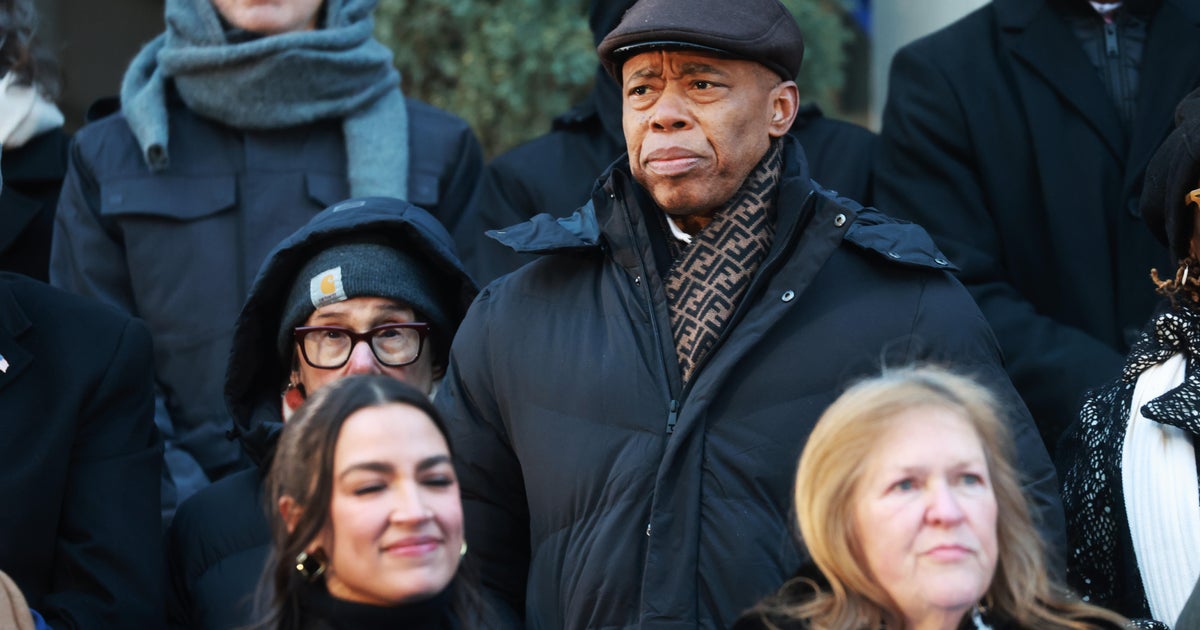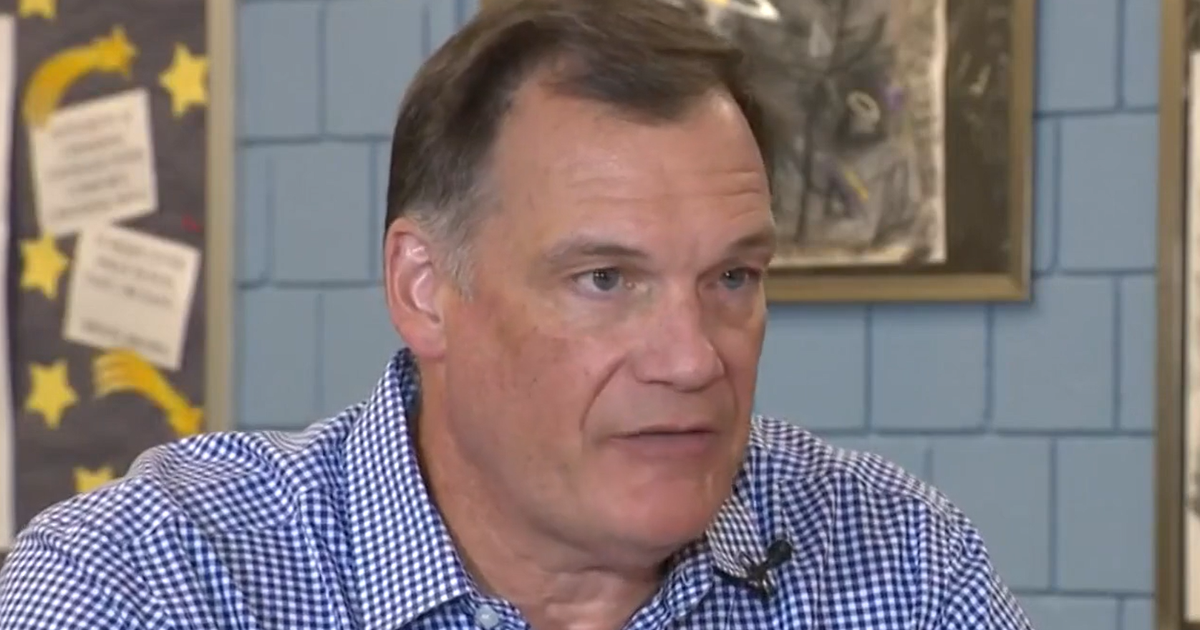For some Native Americans, Biden's apology over boarding schools means little
MINNEAPOLIS — A historic apology on Friday from the president of the United States. President Biden expressed the nation's regret over the government's role in the abuse and neglect of Native American children.
For about 150 years, thousands of Indigenous children were forced into federal boarding schools to be assimilated into White society.
An Interior Department report released in 2022 says nearly a thousand Native American children died in the government's boarding school system.
Now this terrible chapter in American history is no longer hidden. But many Native families are still dealing with generational trauma created by those schools.
"Going back and think about all the things I lost, " said George Lussier.
Lussier said it is hard to put into words how much of his culture and history has been lost because his parents were forced into boarding schools.
"We weren't even taught about our culture, it wasn't even mentioned," Lussier said.
He says every Native American alive today is impacted by what the federal government and religious institutions did from 1819 to the 1970s, forcing Indigenous people to assimilate into White American culture.
"My dad used to talk about it, he said they used to run away and then they would catch them, send them back and who knows what they did to them when they got back," Lussier said.
Lussier said his father did not speak much about his treatment in boarding school. His mother never talked about it.
"The important part to take away is that Native American history is American history and that we have to tell the full story of our country," said Lt. Gov. Peggy Flanagan.
Flannagan was with Mr. Biden in Arizona.
"It was incredibly powerful to witness the apology from the president of the United States regarding the federal American Indian boarding school policy while my daughter was seated right next to me," Flanagan said.
She hopes people do their own research to learn more about the boarding school era and the policies that stripped generations of language and culture away from Native people.
For Lussier, the president's apology is too little, too late. He said the apology doesn't mean anything to him.
"But I'm being honest, the way I've been treated all my life. It's going to be up to the individual to accept it and some people won't," Lussier said.
The lieutenant governor said she understands these feelings but hopes what happens moving forward helps heal old wounds.
Flanagan said the apology is the first step towards healing. It comes with an investment into language revitalization and other resources to help restore some of what was stripped from Indigenous people.
